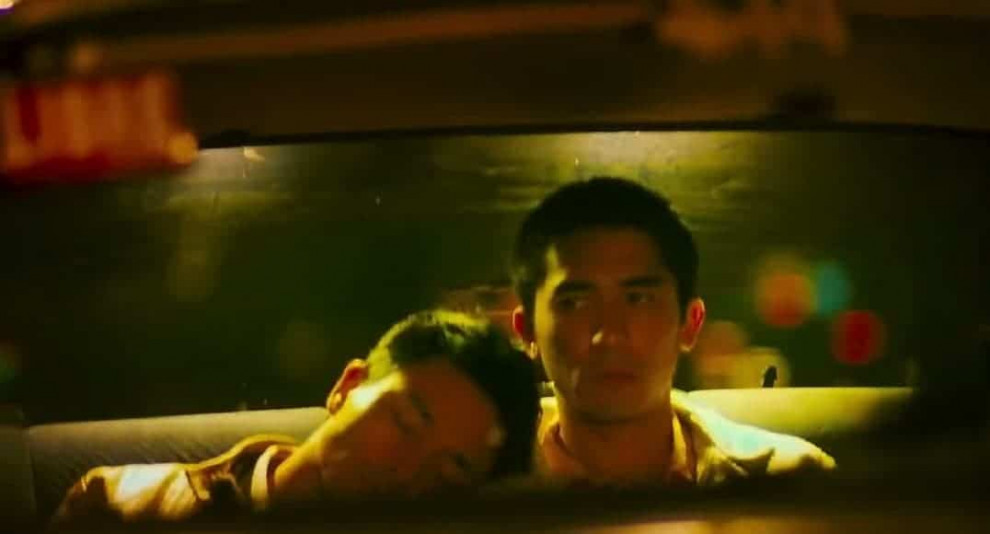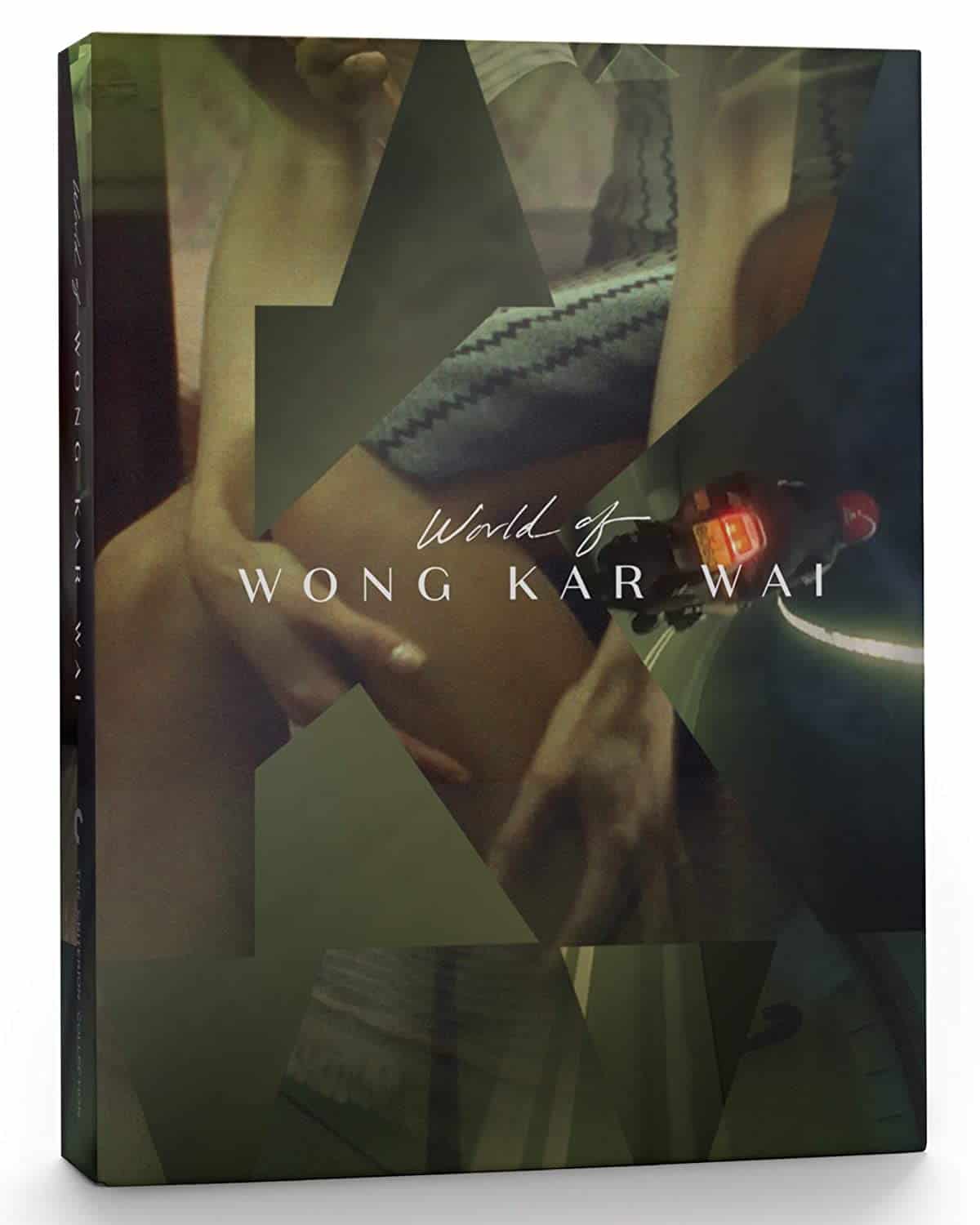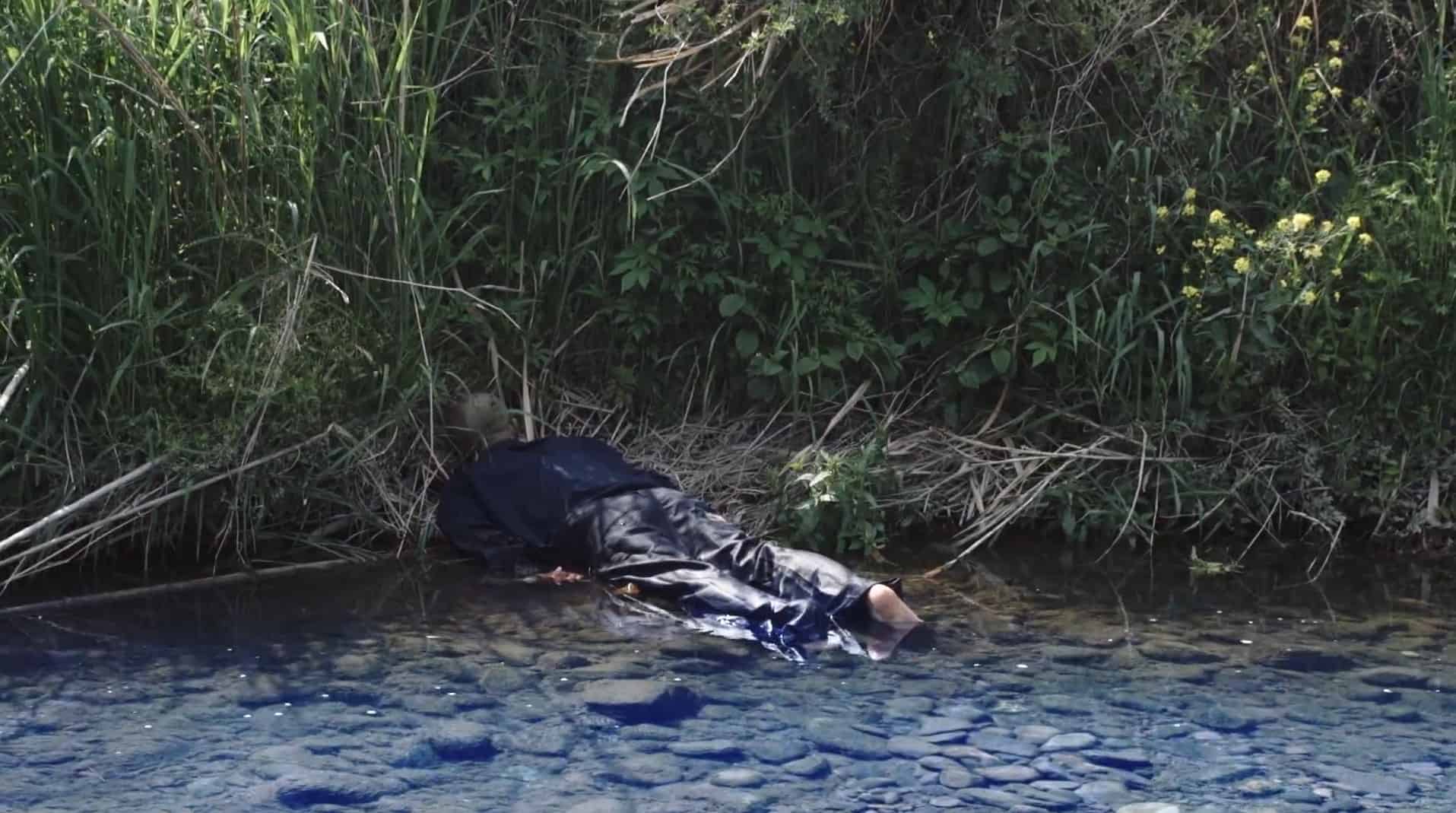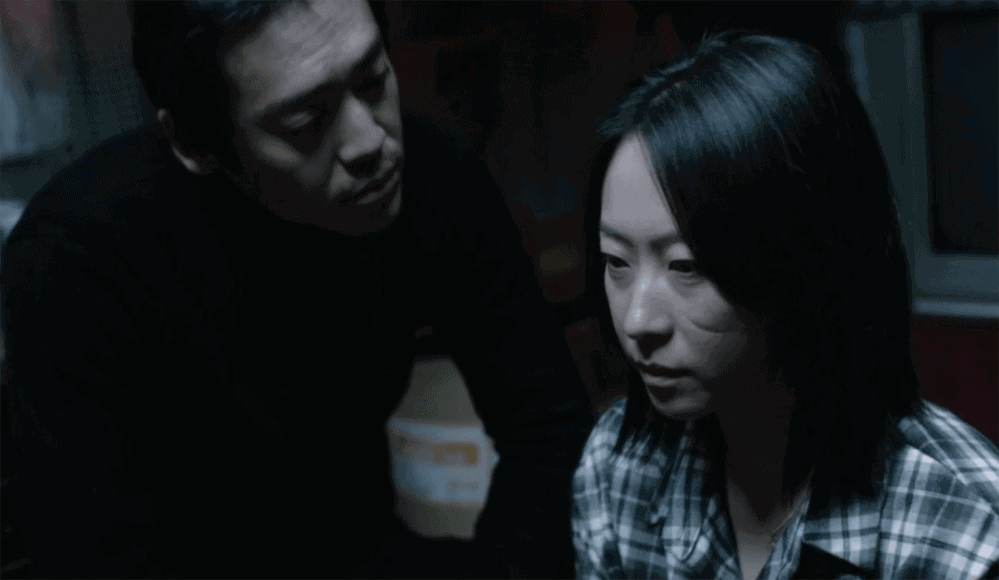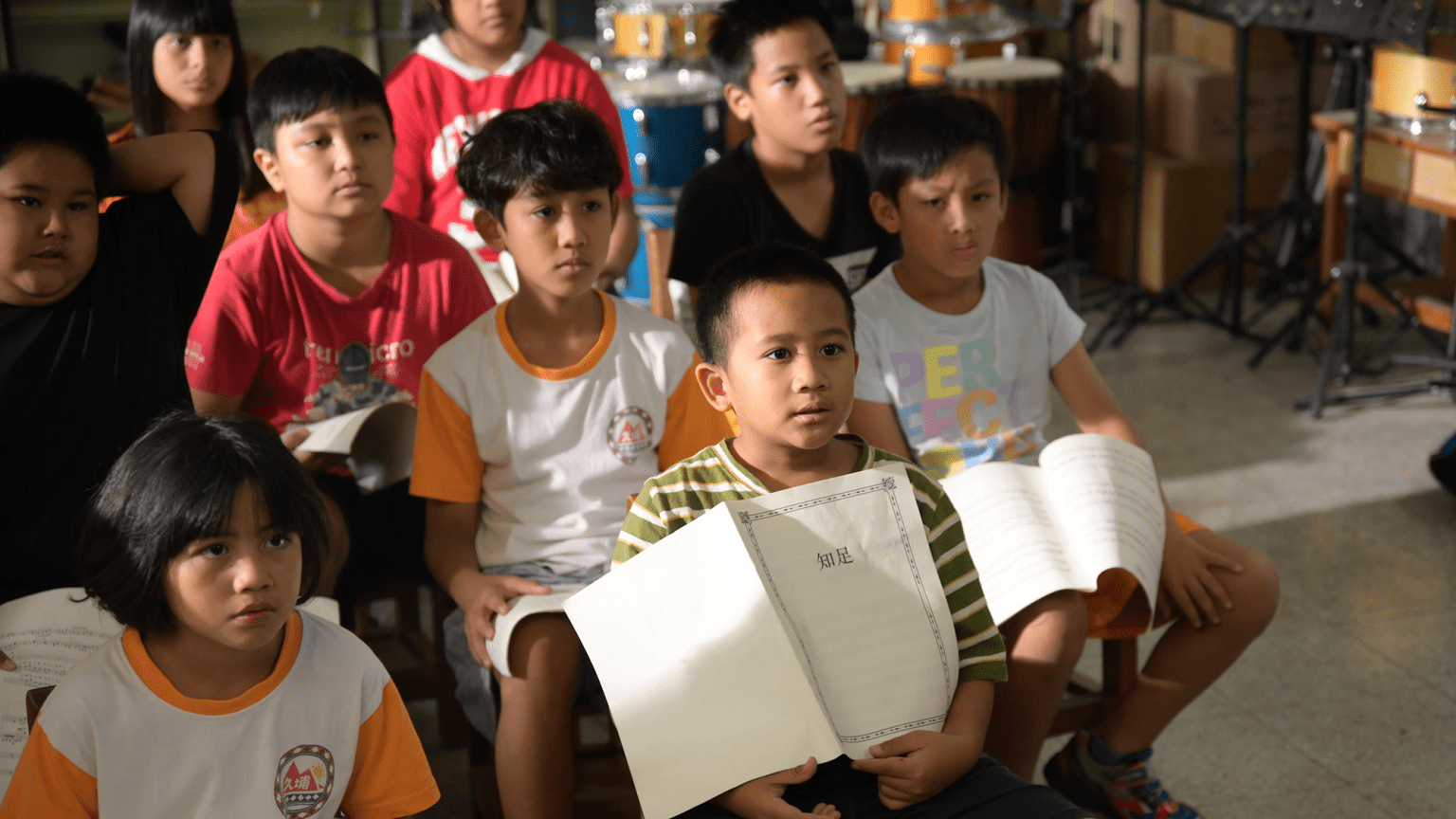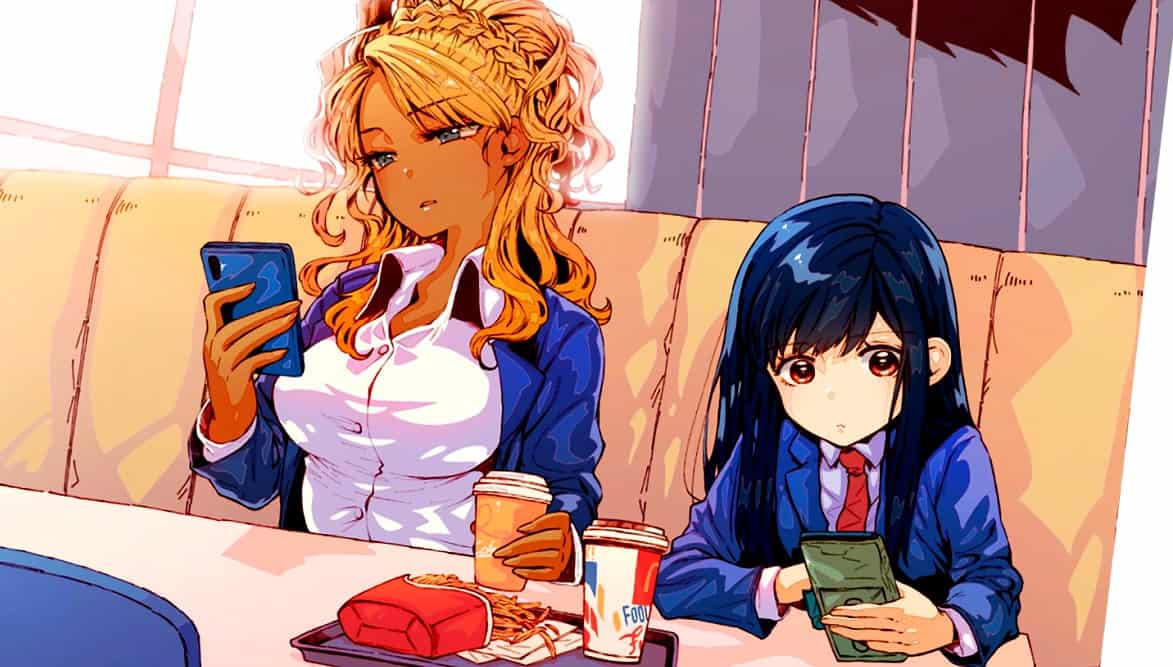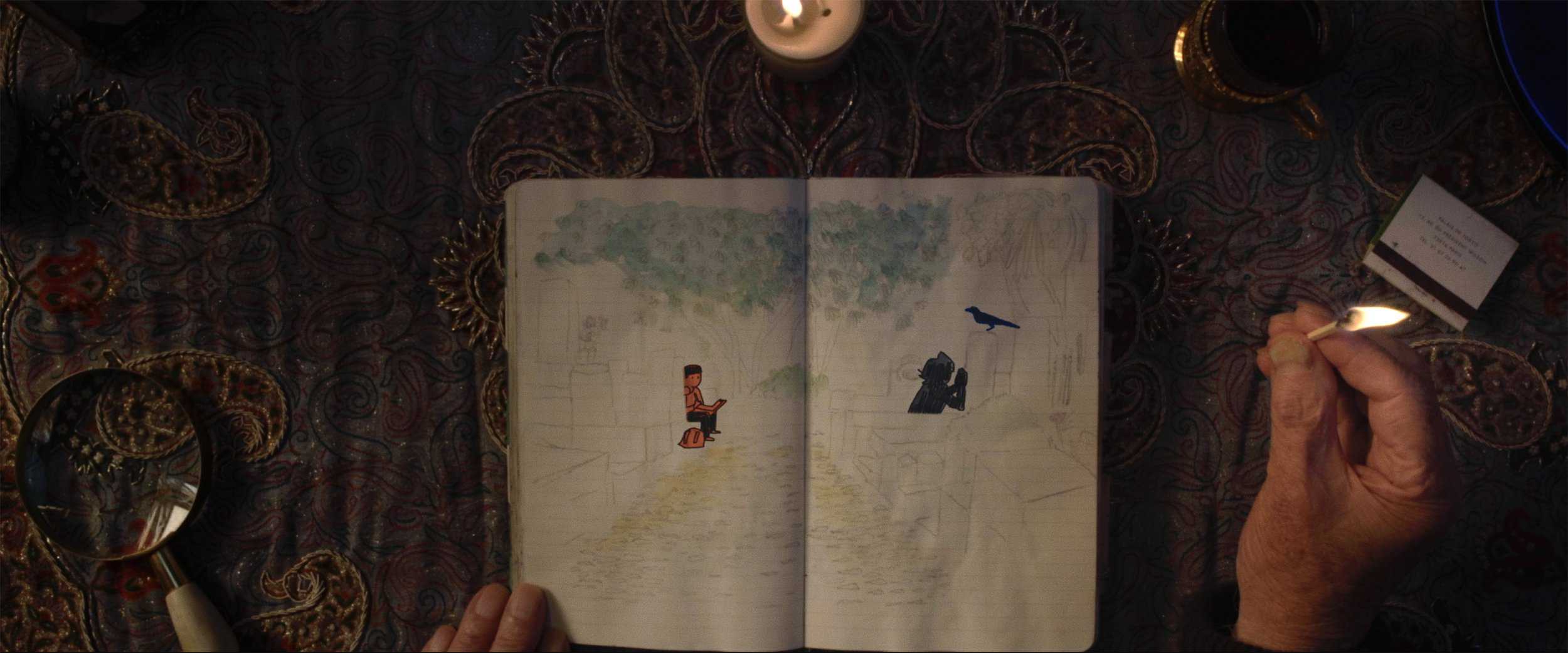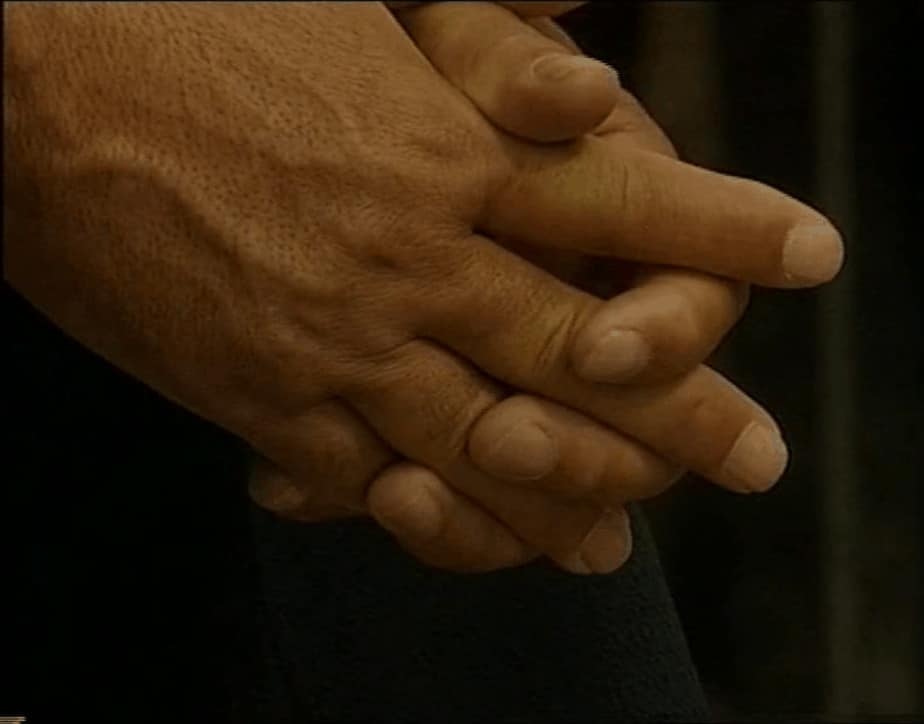Twenty years ago, on July 1st 1997, the UK handed-over sovereignty of Hong Kong back to China, with a fifty years grace period, before Chinese laws would take effect. With this being the case, Shanghai-born Hong Kong resident Wong Kar-wai went to great lengths to ensure his latest work, “Happy Together”, was released before this date, although his reasons may not appear clear at face value.
Buy This Title
Tony Leung Chui-wai and Leslie Cheung star as Lai and Ho respectively: a gay couple travelling across Argentina, somewhat lost of direction, winding up in Buenos Aires in low paid jobs. Their hope is to reach the Iguazu Falls in the north of the country, but the lack of funds and the constant bickering in their on-off relationship prevents them from ever reaching a happy ending. As their time in Buenos Aires continues, the pair are in limbo; Lai in constant fear of Ho's attempts to reconcile their love, stating “let's start over.” But it is not to be: Ho cheaply whores himself to older men, while criticising the hard-working Lai for doing his work. Abuse flows from both sides. Eventually, Lai finds solace in the younger Chang (Chen Chang), a work colleague from Taiwan travelling alone, leading him to try and reconcile his difficult relationship with his father. And despite his sadness for his situation, eventually he feels that he is better off moving on alone, too.

As with many films by Wong, plot isn't the defining factor. Metaphor is what drives “Happy Together”. The relationship between Lai and Ho and its complicated nature represents the uncertain times ahead for Hong Kong, with high anxiety among the populace. Lai, a homosexual man, represents the social freedoms available to those in Hong Kong. The alluding to the difficult relationship with his father, China, is in hope that the two nations can live side-by-side in the future. Hong Kong is the runaway son on the other side of the world, but now must return and reconcile his differences with old-fashioned China.
The introduction of Chang from Taiwan, a nation with a similarly difficult past with mainland China, giving some comfort to Lai, shows that Hong Kong is not alone, offering some positivism for the future.
There are many possible readings for this film, with Wong himself stating that the title refers to one coming to “peace with himself” before looking to the future. However it is interpreted, this is a film that needs to be watched with an active mind, or one is simply left with a plotless romance of make-ups and break-ups.
Technically, “Happy Together” is a film that requires some accepting of artistic license. The cinematography of the great Christopher Doyle could easily be credited or criticised, but its off-kilter feel marries happily with the film's travelling scenario in the hope of finding one's place in the world. We are given near-colourless, grainy footage of the couple's past, before moving into a tinted present, with colour becoming more prominent as Lai comes to terms with his situation and looks to the future.
Always important in his films, Wong's carefully selected soundtrack follows suit: a mix of Latin rhythms; wild, yet slick Frank Zappa guitar licks; and slow mood tempos, for an unbalanced experience. This creates some beautiful moments to match the cinematography, notably Caetano Veloso's “Cucurrucucu Paloma” accompanying shots of Iguazu Falls; Frank Zappa's “Chunga's Revenge” over the slow taxi ride; and Astor Piazolla's “Tango Apasionado” as the couple dance in love and hatred.
The two leads excel here, and while it is Tony Leung Chui-wai's Lai who narrates the film, Leslie Cheung steals the show with his performance. The concluding scene where Lai visits the Falls alone, leaving Ho staring lonely at the Falls lamp in Buenos Aires, shows Cheung burst into heartfelt tears that feel hauntingly natural. Critics write of this not being a “gay” film, and as such, the relationship between the two does not follow natural patterns. However, in the context of the film, their dynamic works well as two people unable to live with or without each other.
Twenty years on, the anxieties Wong wished to address before the hand-over are still apparent, with films such as the recent “10 Years” showing an uncertain future that Hong Kong natives are still coming to terms with. Parallels with the current political situation in Britain regarding Brexit can be found and how political change can take decades to come to fruition, leaving all unsure as to where their futures lies.
Winning at Cannes for Best Director, Wong captured a mood that is still present today. And while it may be difficult and require some internal struggle, the rewards can result in a happy ending.


